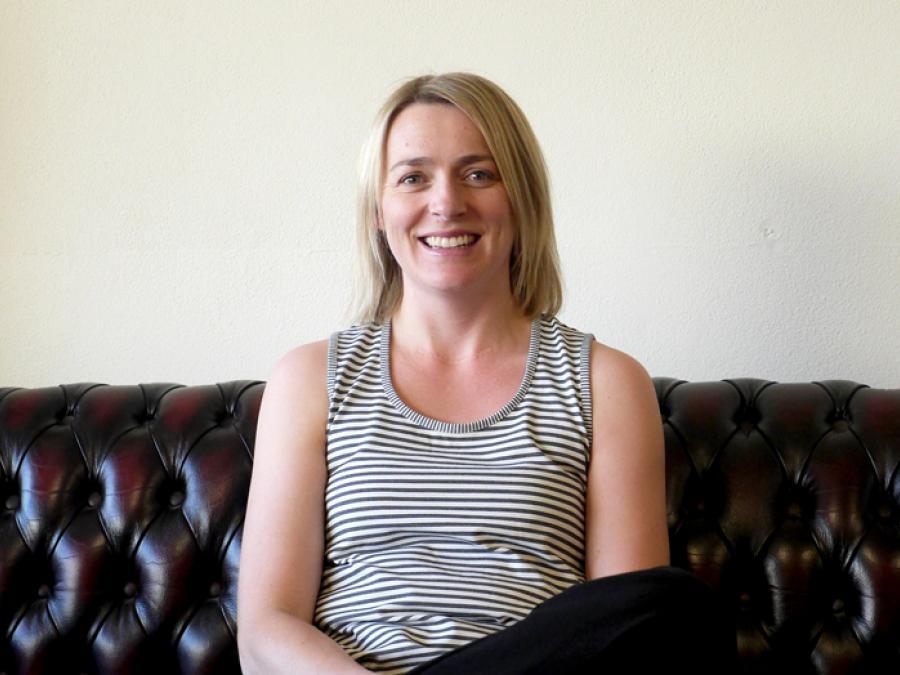Supporting Aboriginal women’s health

Senior Research Fellow Dr Alice Rumbold
For those unsure where a career in research can take you, the path of Senior Research Fellow Dr Alice Rumbold shines a light on numerous rewarding destinations.
“When I started my science degree I wasn’t sure what I wanted to do,” says Alice. “Research wasn’t even on my radar. But after completing my degree I wanted to keep learning, so I ventured into honours, and that was my first experience with research.
“After that I still wasn’t sure, though, so I did a PhD; and at the end of that, I realised what I enjoyed most was the process of completing a project and producing new knowledge. I realised I had the capability and opportunity to generate new data and new knowledge that would have an impact on people’s health and wellbeing, and that’s pretty special.”
Alice’s work is currently focused on Aboriginal women’s health, and particularly infertility and care during pregnancy. After completing her PhD in 2005, Alice moved to the Northern Territory to conduct a range of projects for women in remote Indigenous communities.
“My experience in Darwin was life-changing,” she says. “I was privileged to have people share their culture with me. Their life situations were quite confronting, though. So as a result, I have a real passion to ensure the work I do has the most impact for those who have the least power and voice. Ultimately I hope my research has a positive influence on care and policies around infertility treatments.”
Throughout her studies, Alice’s work has ranged from clinical hospital-based work, to hands-on community work, number crunching, and data linkage. These broad-level research skills have been applicable to the full scope of her interests.
“My honours degree and PhD were both focused on a very clinical area of obstetrics, looking at aspects of care for women’s pregnancy. Then up in Darwin we did some community work where we took swabs to measure the prevalence of human papillomavirus. We also looked at projects involving data linkage, looking at huge data sets together to answer questions related to the impact of fertility treatments; and now I’m looking at the long-term educational outcome of children conceived with infertility treatments.”
Alice says when it comes to research, the biggest attribute required is persistence. “There are very few light bulb moments when seeing a project through to completion, and often the results you get aren’t what you might expect.”
She also suggests those interested in research shouldn’t feel as if they have to decide a clear-cut topic during the early stages of their study and career.
“A big realisation for me was that what you decide to research at any given point won’t define your career. The skills you learn are highly transferable, and high-quality research is a result of interests across a variety of different topics. So whatever you choose during your undergraduate or honours year as a project won’t mean you’re locked in.”
